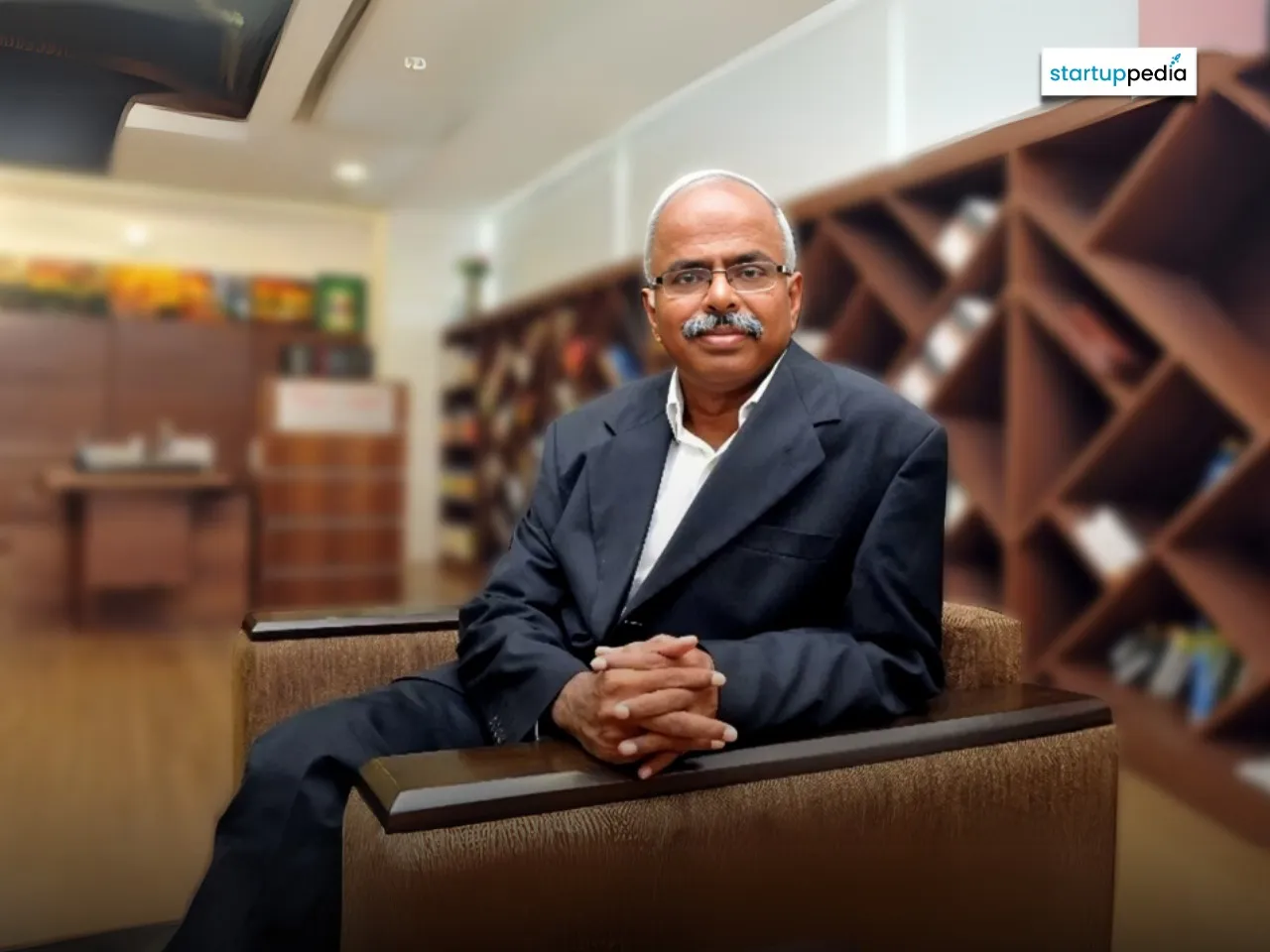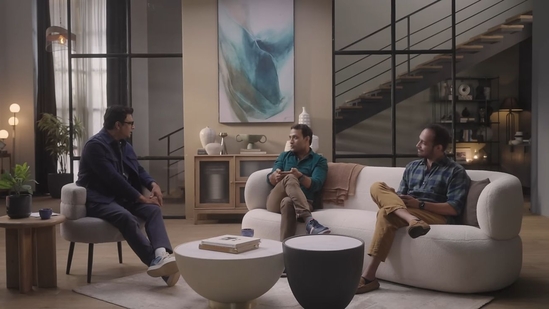Narayana Murthy’s 70-hour workweek debate gets a fresh take on R Madhavan’s podcast as doctor explains why passion fuels some, while stress drains others.
The idea of a 70-hour workweek has sparked intense discussions ever since Infosys co-founder Narayana Murthy suggested it as a way to boost India’s productivity in 2024. While some view it as a call for ambition and dedication, others see it as a gateway to burnout and toxic work culture.
Adding a new dimension to this debate, an episode of For a Change, a podcast hosted by actor R. Madhavan, released on December 21, 2024, featured neurologist Dr. Sid Warrier. In a compelling conversation, he explained why working long hours feels drastically different for someone like Murthy compared to his employees.
Impact of stress, not just hours
Dr. Warrier explains that the real issue isn’t the number of hours worked, it’s whether the brain perceives those hours as stressful or not. “When I’m working in my own hospital, I can be there 24/7, but because it’s my thing, my brain doesn’t register it as work,” he explains. “For Narayana Murthy, Infosys is his baby. He can put in endless hours without feeling drained. But an employee working the same hours for someone else may feel their time is being taken away, that’s what creates stress.”
This contrast between passion-driven work and obligation-driven work is what sets high-performing entrepreneurs apart from exhausted employees. Dr. Warrier explains that the key isn’t the number of hours, whether it’s 40, 50, or 70, but whether the work energises or drains them. He sums it up perfectly: “It’s not really about work or no work, it’s about stress or no stress.”
How stress impacts body
The discussion highlights that stress, rather than just long hours, is what truly impacts the body. Dr Warrier explains that when people are compelled to work long hours without a sense of purpose or satisfaction, their nervous system enters a fight-or-flight state, leading to fatigue, anxiety, and potential health issues.
However, when individuals are passionate about their work, their body remains in a relaxed, parasympathetic state, enabling them to sustain long hours without feeling exhausted. “It’s not about the hours,” Dr. Warrier stresses. “It’s about whether there’s stress or not.”
Working more vs. working smarter
As the debate continues, Dr. Warrier’s perspective suggests that the conversation should shift from merely “working more” to “working smarter” and finding purpose in what you do. Passionate individuals may naturally invest long hours without burning out, while others need structured breaks and a clear work-life balance to maintain their productivity.
Ultimately, the real question isn’t about clocking 70 hours, it’s about whether your work fuels you or drains you.
Source:






















